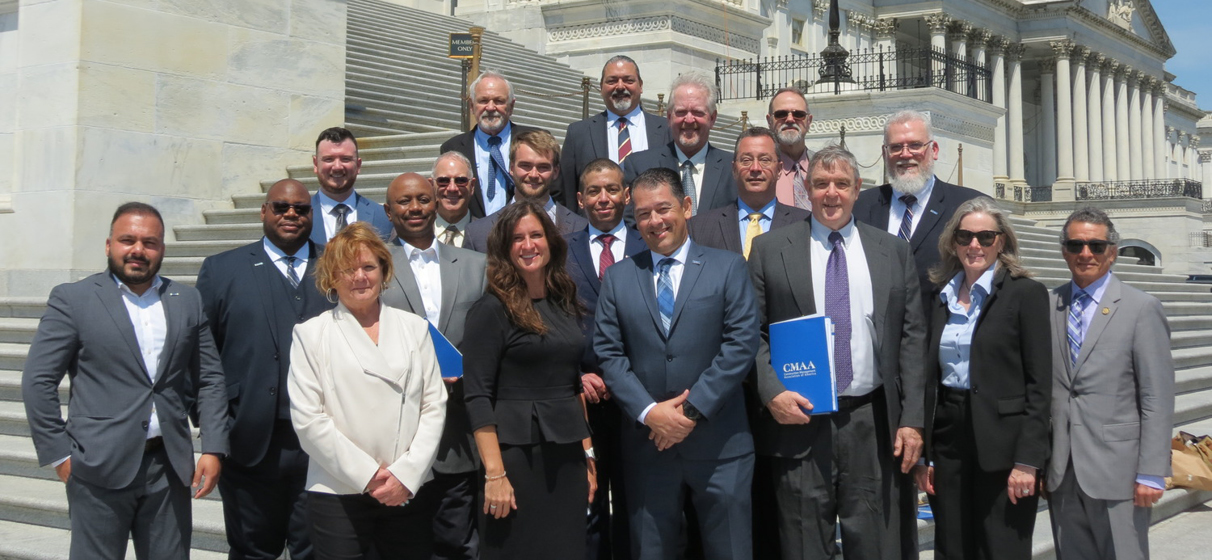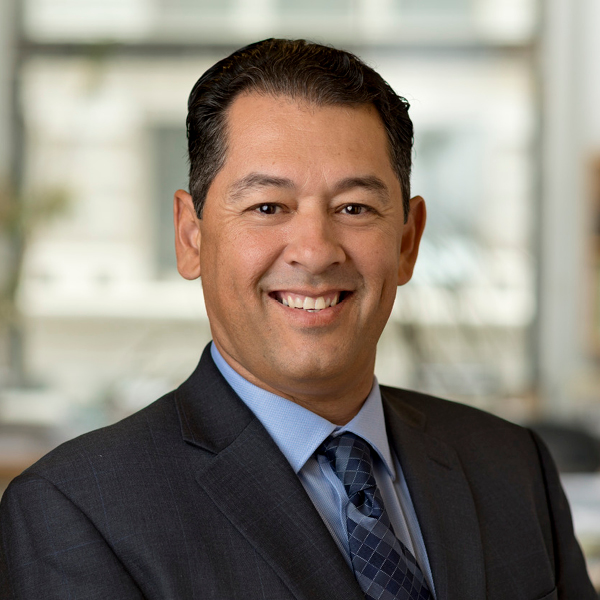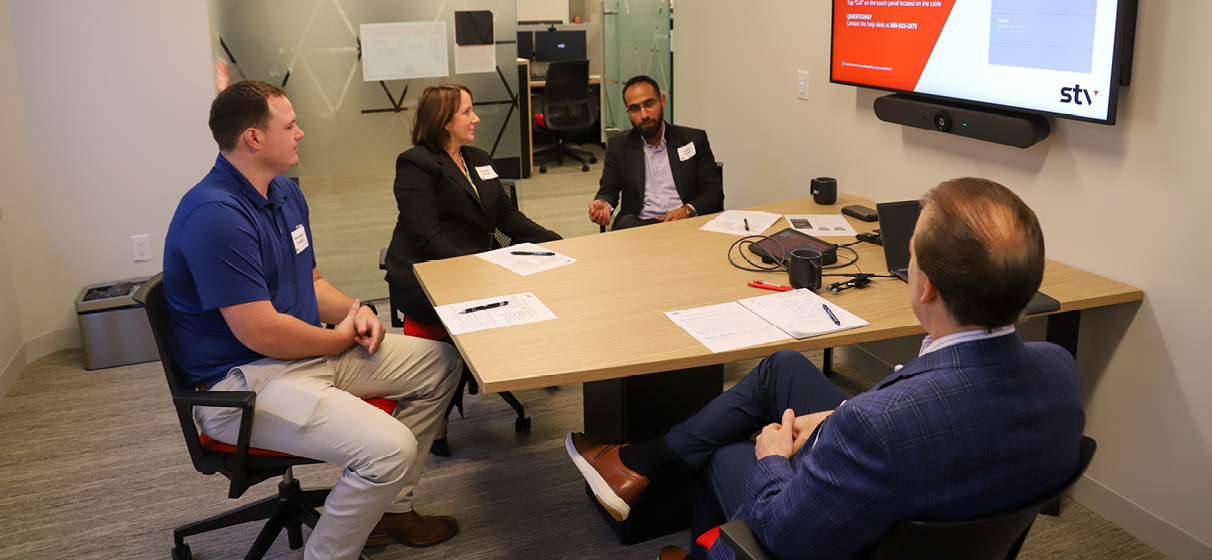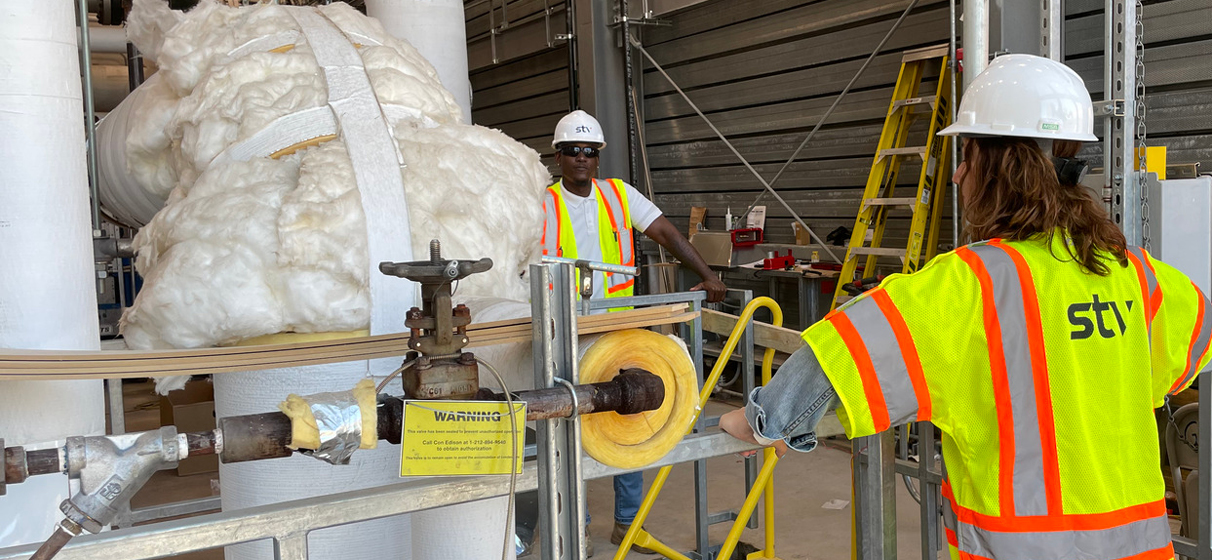For decades, 529 plans have helped students save for traditional higher education costs. But the workforce has changed: many of the most in-demand careers require specialized certifications rather than (or in addition to) a college diploma.
We need a modern policy for our modern workforce.
That’s why several CMAA members and I recently went to Capitol Hill to meet with federal lawmakers to advocate for the Freedom to Invest in Tomorrow’s Workforce Act (S. 756/H.R. 1151), a bipartisan bill that would expand 529 savings plans to cover the costs of professional certifications and workforce trainings that are essential to Program Management and Construction Management (PM/CM) professionals.
This legislation is more than just a policy update; it’s a transformational shift in how we invest in our people. By allowing workers to use tax-advantaged 529 funds for certification exams, licensure fees, and continuing education, it removes a critical financial barrier for professionals.
As the national chair of the Construction Management Association of America’s (CMAA) Board of Directors, I see firsthand how PM/CM credentials help ensure better project outcomes, stronger risk management, and greater expertise on our nation’s major infrastructure projects.
Yet, the sometimes prohibitive costs can create an unnecessary bottleneck in talent development. The Freedom to Invest in Tomorrow’s Workforce Act isn’t just about individual advancement; it’s about strengthening the entire PM/CM industry.
For early career professionals, the bill helps diversify the talent pipeline by making certifications more accessible. Whether it’s a community college grad entering construction management or a military veteran transitioning into civilian life, this levels the playing field.
For seasoned professionals, learning never stops. New technologies, regulations, and new delivery methods like public-private partnerships (P3s) demand continuous upskilling. By allowing 529 funds to cover ongoing credential maintenance, professionals stay current without financial strain.
At STV, we’ve long prioritized credentialing programs by financing dues for professional organizations and providing study support for team members pursuing certifications like the CCM, PMP, and DBIA, because we’ve seen firsthand how credentials elevate our work.
At a moment when infrastructure demand has never been higher, we must ensure that the workforce behind it has every opportunity to succeed. This bill is a critical step forward, and together, we can make it a reality.
You can help by reaching out to your representatives and urging them to co-sponsor or support the bill.








